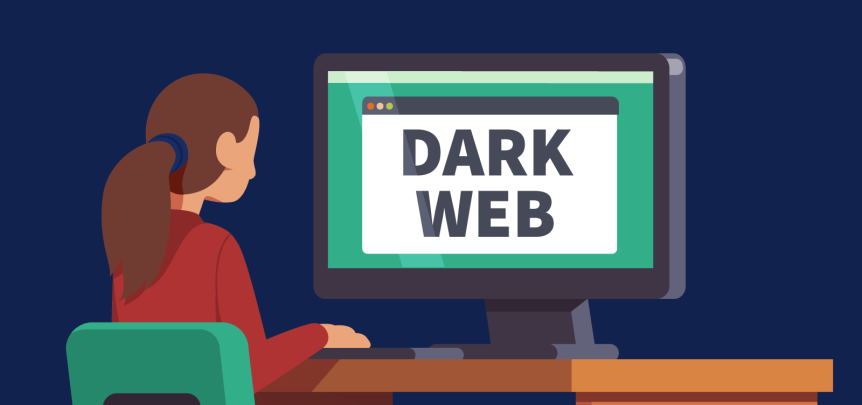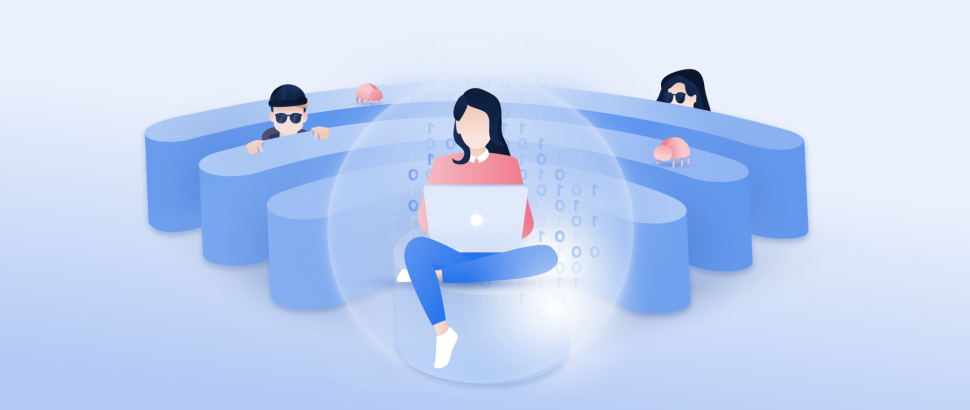There’s no doubt that the Internet is a powerful tool. It allows us to communicate with people worldwide, access information, and purchase items without ever having to leave our homes. However, the Internet can also be dangerous, especially if you’re not careful. Here are four ways to surf the web safely and reduce your risk.
The dangers of web surfing: how to protect yourself
The Internet can be dangerous, and hackers are always looking for new ways to exploit vulnerabilities. You can do a few simple things to reduce your risk of being hacked and help keep your personal information safe.

- Use a strong password, and change it regularly. A strong password should be at least 8 characters long and include a mix of upper and lower case letters, numbers, and symbols. Avoid using easily guessed words like your name or birthday.
- Be cautious about what you click on. Hackers often use phishing scams to trick people into clicking on malicious links. If you’re unsure whether a link is safe, don’t click on it.
- Keep your software up to date. Hackers exploit vulnerabilities in outdated software to gain access to systems. So make sure you have the latest security patches installed on your computer and mobile devices.
- Use a secure connection. When using a public Wi-Fi network, make sure you’re using a VPN or other secure connection method to protect your data from being intercepted by hackers.
- Be aware of social engineering scams. Hackers may trick you into revealing personal information by pretending to be someone else, such as a customer service representative or technical support person. Don’t give out your personal information unless you’re certain you’re dealing with a legitimate person or organization.
Following these simple tips can help keep yourself safe from hackers and other online threats.
Why Web surfing can be dangerous
When you surf the web, you are exposing yourself to various potential dangers. These include viruses, spyware, adware, and other malicious software that can infect your computer and cause serious problems. Even if you have an antivirus program installed on your computer, it is important to be aware of the dangers and take steps to protect yourself.
One of the most common ways viruses and other malware are spread through email attachments. If you receive an email from someone you don’t know or even from someone you know but with an attachment you weren’t expecting, it is best to delete the email without opening it. Even if the email looks legitimate, it could contain a virus that will infect your computer as soon as you open the attachment.

Another way viruses and other malware can be spread through downloads from the Internet. If you download a file from a website, there is a chance that the file could be infected with a virus. Therefore, it is important to be careful about what websites you visit and what files you download. Only download files from trusted sources, and scan any files you download with your antivirus program before opening them.
Finally, simply browsing the web can also put you at risk. If you visit an infected website, your computer could infect with a virus or other malware. This is why it is important to have an antivirus program installed on your computer and to keep it up-to-date. By taking these precautions, you can help protect yourself from the dangers of the web.
Web surfing can be dangerous, but by taking some simple precautions, you can help protect yourself from the risks. First, delete any emails you receive from people you don’t know, and be careful about what websites you visit and what files you download. Next, keep your antivirus program up-to-date and scan any files you download before opening them. Following these steps can help keep yourself safe when surfing the web.
